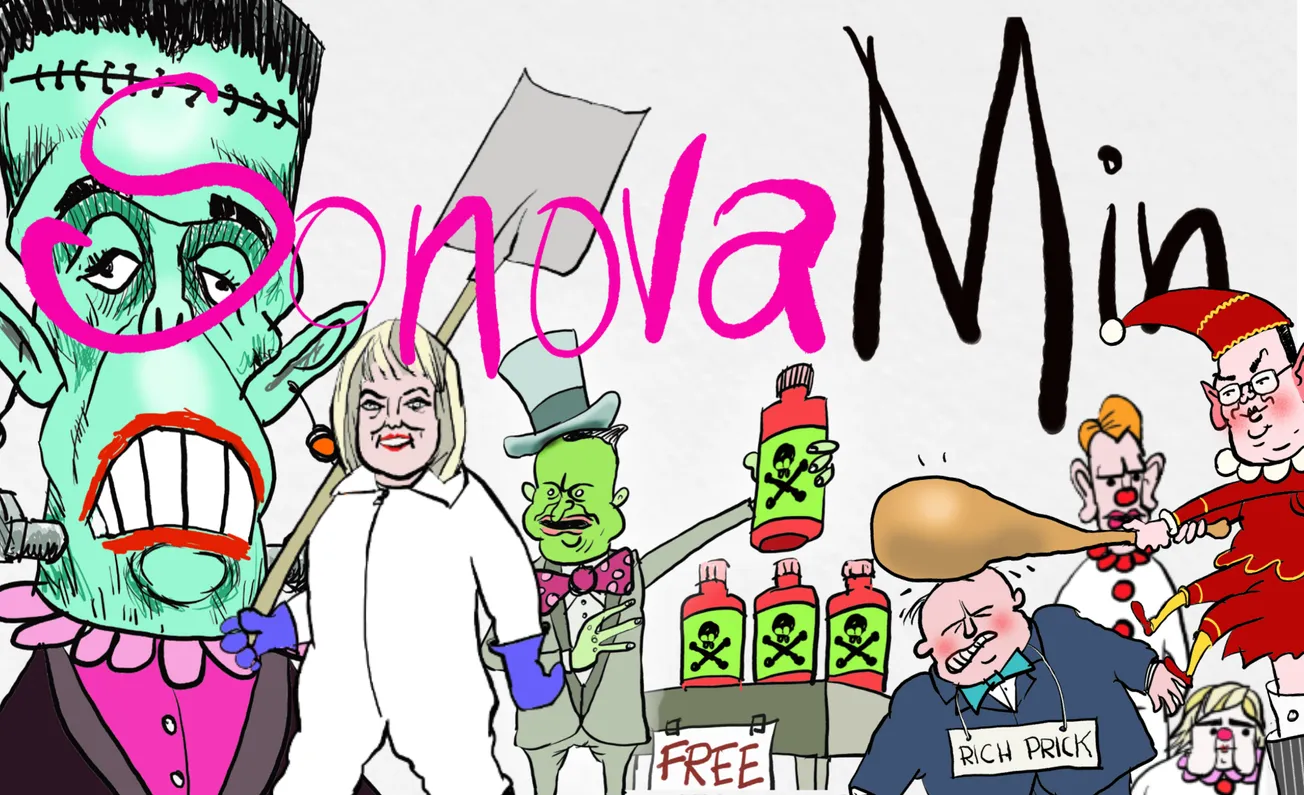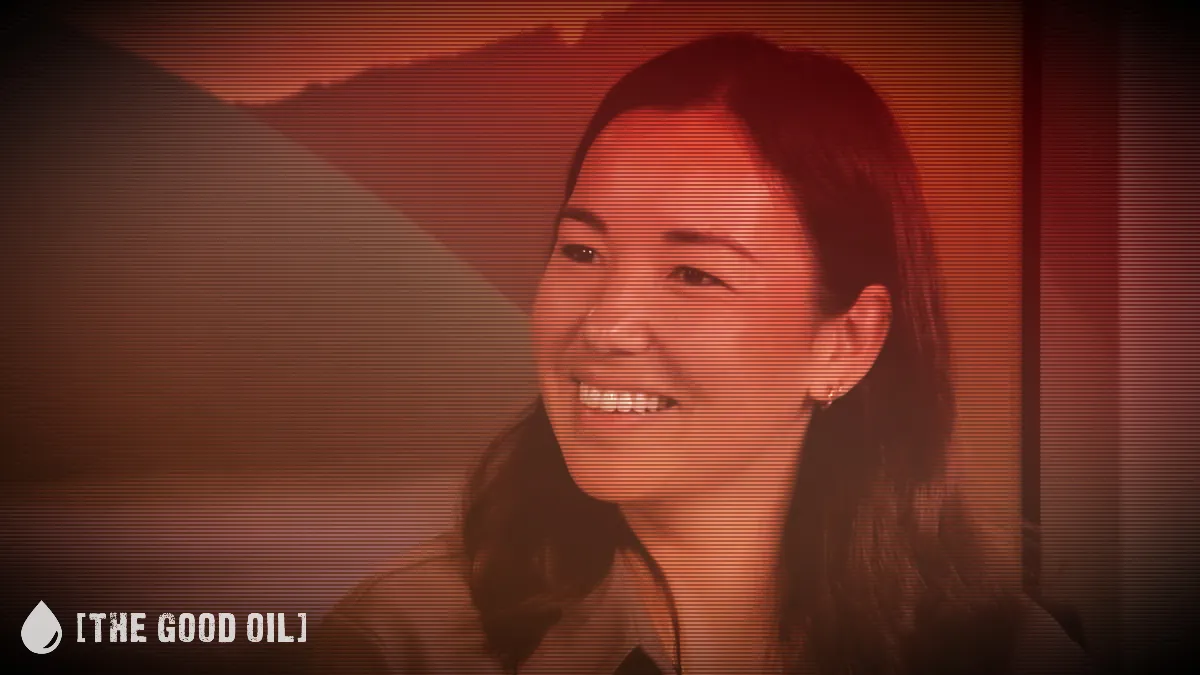Table of Contents
Jonathan
The “Epsom Cup of Tea” got lost in the news cycle right before the latest Auckland lockdown. It wasn’t a cup of tea at all, but a press conference in Onehunga. David Seymour appeared to have no public reaction to the endorsement from Judith Collins, a striking contrast to John Banks’ public courting of John Key. That cup of tea was a lifeline to an ACT Party facing electoral disaster.
“I don’t think I need to openly endorse Act in Epsom because everyone knows that I think David Seymour is an excellent local MP,” said Judith Collins, in an open endorsement.
It was a puzzling statement, that only seemed to make sense as an attempt to keep a minor party in its place.
Seymour has now served two terms as MP for Epsom. He turned down a ministerial appointment in part to focus his energies on being an effective local MP. Recently in Insight: Politics, “10 Reasons Act Are Doing So Well”, David Farrar got to the heart of Seymour’s strategy: “Firstly he made sure he was an excellent Epsom MP so that he could hold the seat even if National tried to win it.”
Who could National stand in Epsom to win the seat? Short of bringing back John Key, Epsom is yellow. That it was deemed a good idea to recreate the perception that Seymour can only continue to hold Epsom due to the charity of National, is unfortunate strategic arrogance.
National have struggled in opposition against the star power of Ardern. Simon Bridges was finding his feet right when he got rolled. The most striking policy of the Muller-Kaye team was to propose a $10,000 handout to struggling businesses to take on new staff. It prompted calls to bring back Bill English.
National are far from done, but they may struggle to get traction if they continue to behave as if they are the true and better version of Labour. Their tax policy, announced the day before the original election date, has provided a point of difference. After an accountancy error dominated the headlines, Collins will be banking on the debates with Ardern to close the distance.
A case could be made that Seymour has been the Government’s most effective opposition. On Gun Control and the Zero Carbon Act, Parliament voted 119-1. Few commentators would be surprised if ACT is the third largest party in the next Parliament. Quietly ACT have accumulated a selection of candidates that look like a capable cross-section of our country. In past elections, ACT campaigned on whether you would prefer number 2 on ACT’s list, or number 56 from National. These days, there is an argument for an increasing parity at the top of the lists.
A drama-free Parliamentary term, historically not an ACT strength, could see them well into the double digits in the polls in 2023, with potential to target new electorates. With Labour seemingly intent on pursuing a never seen before single-party majority at the expense of the Greens, the political landscape is set to change in a big way.
As the reality of the COVID-19 recession digs in, the electorate will become increasingly dissatisfied with arrogance and trite politicking.
The future will belong to the disciplined and the principled, and Ardern, Collins, and Seymour will be under the spotlight.
If you enjoyed this BFD article please share it.







